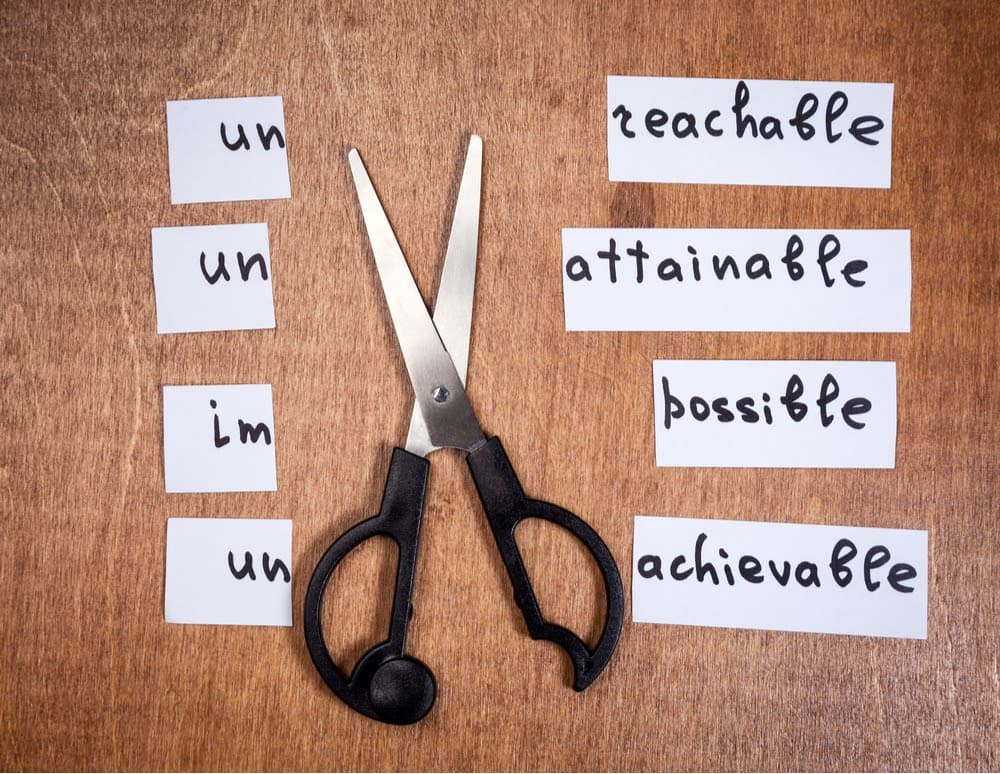Your pre-teen son has sprouted up before your eyes and is now taller than you, looking more like a man every day. Although he seems to be an adult physically, he is still immature in many ways. Scientific studies show that a teen’s brain doesn’t finish developing until he is in his mid 20’s. The fluctuation of hormones explains part of the reason that troubled boys from California might benefit from therapeutic boarding schools.
How Anger Affects Teen Boys
A teen is still learning how to interpret most types of emotional cues. If the adolescent isn’t certain about what a person is expressing, he will commonly jump to the conclusion that a person is angry. Since he is still emotionally immature, he will often react in kind. He doesn’t know how to express the emotion behind the anger, such as embarrassment, hurt, shame, frustration or fear. Instead, he will lash out, causing unnecessary complications that might have been easily resolved if he had simply expressed his true feelings. He needs to learn how to recognize what he is feeling, address it and ask for help.
How Parents Can Help
Parents can provide practical options for their troubled and angry teen to help them through this difficult time.
1. Set boundaries and consequences. If possible, the consequences should match the violation. For example, if your teen has a weekend curfew of midnight but stays out until 2 a.m., he can be grounded from going out for a few weeks. If he is in a car accident, he can pay for all related costs and vehicle repairs. In this way, he will learn a life lesson of how his actions connect to the discipline.
2. Address the emotions beneath the anger. All kinds of feelings can lie just under the surface for a struggling teen. Just a few include sadness, depression, a lack of self-confidence, loneliness or grief. Talk to your teen about what’s going on; he might just need a listening ear.
3. Model emotional maturity. Although it may be difficult, model the behavior that you want your teen to follow. If you react in anger at drivers on the road or over the smallest trigger, he will respond in kind. As he watches you respond appropriately, he will think about his response and learn to mimic your behavior.
4. Watch for possible triggers that could mean that he is about to explode. Does a certain class at school upset him? Does he develop a nervous tick before he explodes? Do words set him off? Help him identify the causes of his anger.
5. Look for healthy ways for him to vent. Physical activity, such as hitting a pillow, dancing, team sports or other exercise, helps release some of the volatile emotions he is feeling. Time for creativity in music, art or journaling might also be a safe way to vent.
6. Give him space to calm down. When your son becomes angry, let him take a break in his room or another quiet space where he can cool off. Spending a few minutes alone can give you both a healthy break from the situation.
7. Seek professional help. If your son’s anger seems to worsen, you might need to seek professional help from a psychiatrist or psychologist.
Even after you try all of these options, your son still might struggle with anger. In some cases, troubled boys from California might benefit from attending a therapeutic boarding school.








0 Comments